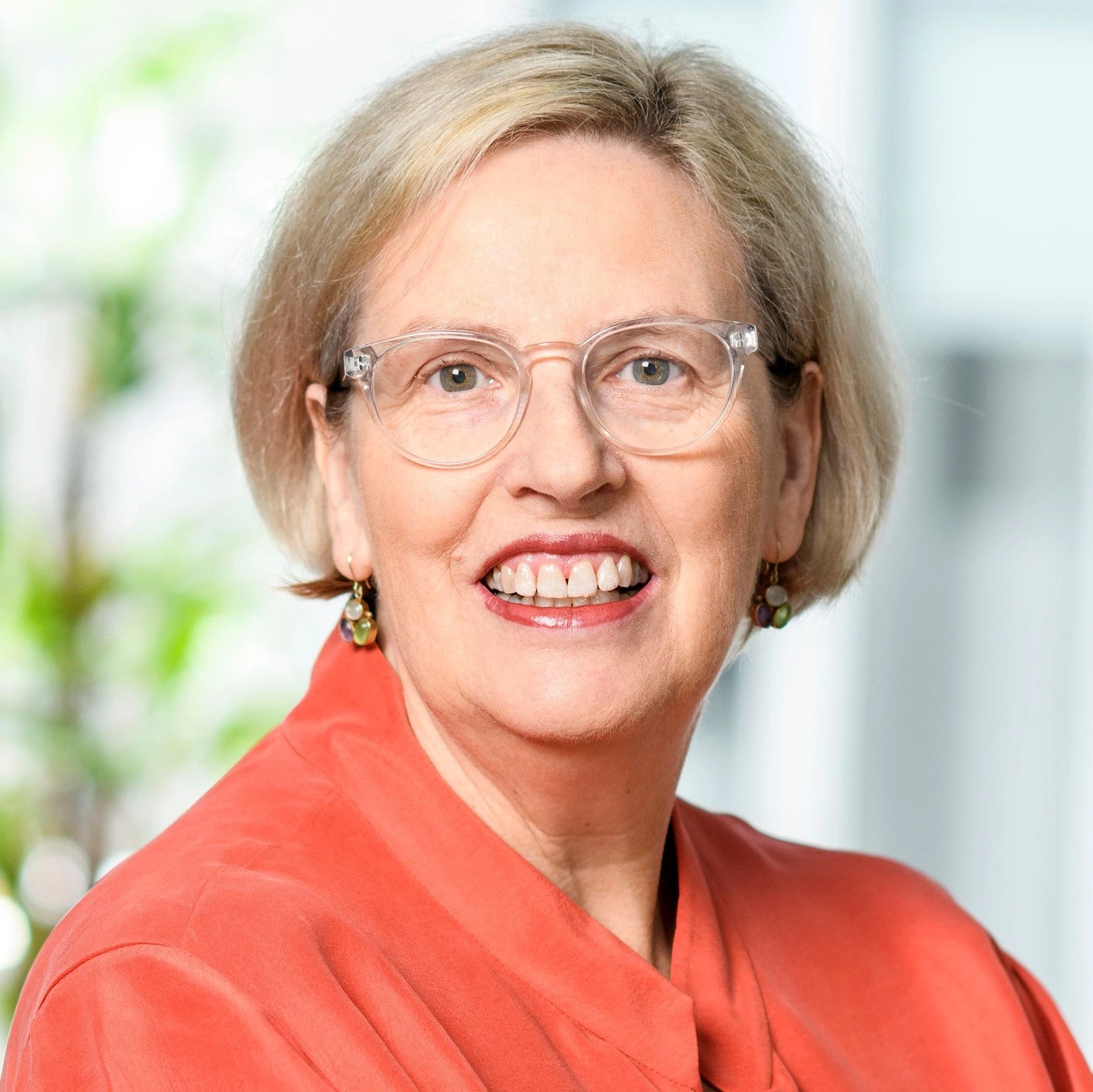
When people think about New Zealand’s most famous son, Sir Edmund Hillary, they mostly think about the quiet Auckland bee-keeper who conquered Everest in 1953.
Of course, there’s much more to the man. He raised money for the Sherpa communities in Nepal that built schools, hospitals and much more. His commitment to the people of South Asia was also reflected in his successful term in the 1980s as New Zealand’s High Commissioner to India.
As the most senior New Zealander in the management of the World Bank, I have come to appreciate Sir Edmund’s commitment to the people of South Asia and believe it shows how much New Zealand can offer the world. This will not only make the world a better place but can also help New Zealand too.
At the World Bank we have two big goals. We want to end extreme poverty by 2030 by cutting the percentage of people living on less than $1.90 a day to no more than 3 percent of the world’s population. Our second big goal is to promote shared prosperity in the world by fostering the income growth of the bottom 40 percent for every country.
New Zealand is an important partner for the World Bank in achieving these goals. It is valued both for its thought leadership and financial support to the International Development Association, the World Bank’s fund for the poorest countries, as well as to support World Bank development work in the Pacific.
In recent years New Zealand’s focus in its development policy has shifted to its own geographic area, with money and advice going increasingly to the Pacific area. This region is a legitimate source of concern for New Zealand. Failed states in the Pacific could have an immediate effect on the country.
I am far from alone in observing that geopolitical volatility is on the increase around the world, not just in the Pacific region. In working with others, New Zealand can also benefit from looking beyond the Pacific region to help address the causes of this instability before they hurt the country's interests, and those of New Zealand's trading partners.
Economic development plays an important role in stabilizing countries. It can provide jobs and opportunities. With these jobs and opportunities comes hope. This can prevent local problems from becoming global ones. As history has shown, the world can pay a big price for failed states. They can export terrorism, piracy, communicable diseases, and destabilize nearby countries and possibly whole regions. Failed states can trigger mass migrations, as we have seen in the Middle East, North Africa and South Asia, leading to instability in even the most advanced countries.
I work for the World Bank in South Asia and this region is critical to achieving many global goals, from ending poverty to preventing climate change. This region has both opportunity and risk. It has huge markets for New Zealand, such as India, Pakistan and Bangladesh, but also intractable conflicts, such as the long-running war in Afghanistan.
New Zealand’s partnership with the World Bank enables it to leverage not only its funds and advice on development, but also its knowledge and capabilities for greater impact on poverty reduction and sustainable development worldwide.
New Zealand has much to offer development beyond just money. I see three things:
- New Zealand has great experience it can share on reforms from the 1980s onwards to open its economy to the world and to make itself more competitive. Reforms are not easy and New Zealand has lessons to share on how regulations can be redrafted, institutions modernized, and government made more accountable to its people.
- New Zealand is today a well-governed and outward looking country and this is a lesson that many other countries can learn from. They can learn that even a small country being open to the world can benefit from attracting skilled workers to drawing in innovation.
- New Zealand has had its own journey seeking to ensure that all members of its society win a share in prosperity. Building social inclusion is a huge challenge across the world and the perception of widening inequality is a cause for political instability. New Zealand has lessons to offer the world but can also learn from other countries and use this knowledge to improve its own social inclusion.
Sir Edmund saw helping those less fortunate as a moral duty and later in life described his building of schools and clinics as more worthwhile than his conquest of Everest and journeys to the Poles. New Zealand has much to offer the world and can in turn learn much from the world. This can come with greater engagement in global development.
The writer is Vice President of the South Asia Region of the World Bank and recently visited New Zealand on an official visit to meet government.


Join the Conversation